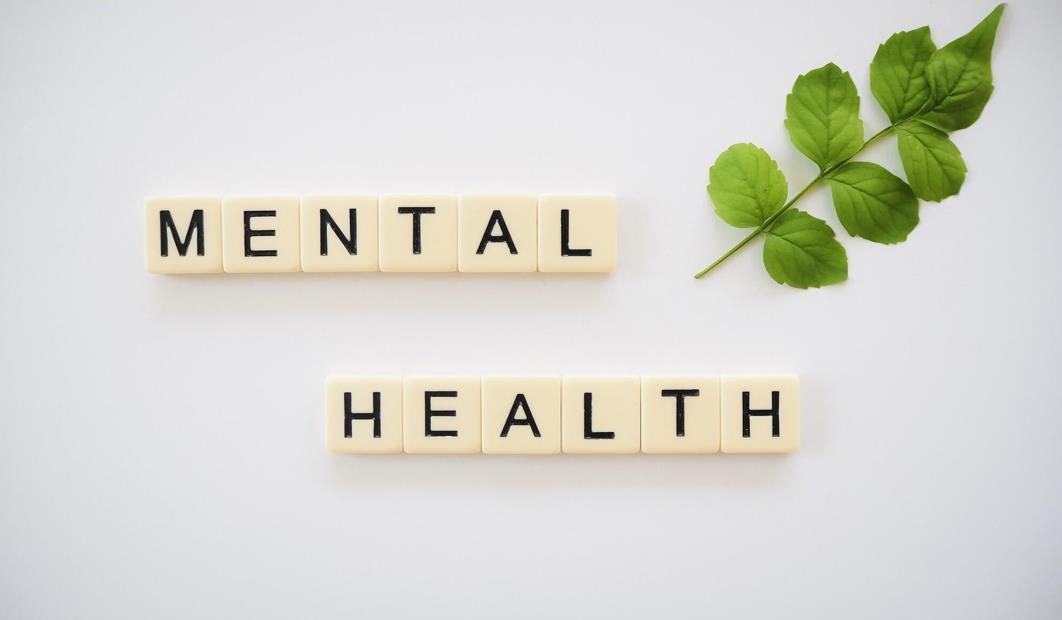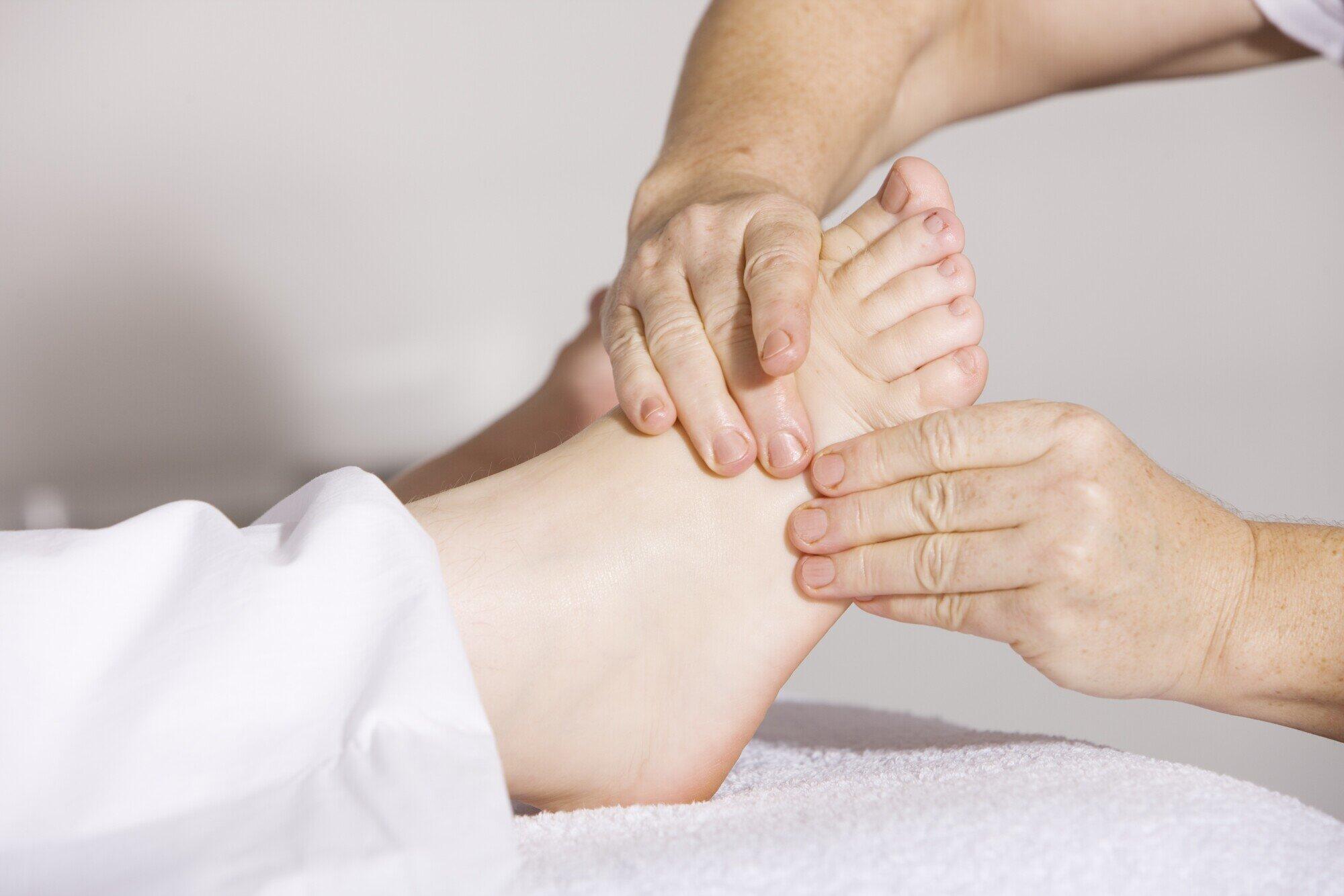Have you ever felt stuck in painful memories? Do certain events make your heart race or cause feelings of fear and sadness?
Trauma can leave deep marks on a person’s mental health. It changes the way the brain reacts to stress, emotions, and daily life. Understanding trauma is the first step to healing.
This guide will help you learn how trauma affects your mind and how you can cope, heal, and regain balance for a happier life. Let’s dive in!
How Trauma Affects the Brain?
When a person goes through trauma, their brain reacts in powerful ways. The brain’s job is to protect you. When something dangerous or painful happens, your brain works to keep you safe.
But sometimes, it stays in this protective mode for too long. This can make a person feel anxious, fearful, or even numb. The brain keeps remembering the trauma, even when the danger is gone.
This is why some people have flashbacks, bad dreams, or panic attacks. The brain struggles to feel safe again.
Emotional Responses to Trauma
People react to trauma in different ways. Some feel scared, angry, or helpless. Others may feel nothing at all, as if their emotions have shut down. It is also common to feel guilty, even when the trauma was not their fault.
Trauma can make people feel unworthy or alone. They may avoid friends and family because they do not know how to explain what they are feeling. Some might experience sudden mood swings or bursts of sadness without knowing why.
Others may struggle with trust, fearing that people will hurt them again. The way trauma affects each person is unique, and there is no right or wrong way to feel.
Sometimes, a person may even feel numb for a long time before emotions begin to surface. These reactions are normal and part of the healing process.
How Trauma Changes Thoughts?
After trauma, a person’s thoughts may change. They might believe the world is unsafe. They may struggle to trust others. Even small problems can feel overwhelming.
Some people blame themselves for what happened. Others feel hopeless about the future. These thoughts can lead to sadness, fear, or anger.
Over time, they may develop mental health conditions like anxiety or depression.
Physical Effects of Trauma
Trauma does not only affect emotions and thoughts. It can also change the body. People who have been through trauma may feel tired all the time. They may have headaches, stomach pain, or tense muscles.
Sleep can become a struggle. Some people feel restless and alert, always ready for danger. Others feel exhausted and slow, as if their body has no energy.
Stress hormones stay high, making it hard for the body to relax. This can lead to a weaker immune system, making people more likely to get sick.
Some may also develop chronic pain or digestive issues. These physical symptoms are real and can make daily life even harder. Understanding these effects can help in finding ways to manage them.
Trauma and Relationships
Trauma can make relationships difficult. A person who has been through trauma may find it hard to trust others. They may feel irritated or distant.
Some avoid talking about their feelings, while others lash out in anger. Family and friends may not understand why they have changed. This can lead to misunderstandings and loneliness.
In some cases, relationships may suffer as both sides struggle to communicate. The fear of being hurt again can cause a person to withdraw emotionally. Some may even push people away without realizing it.
However, learning to express emotions in a healthy way can help rebuild connections. With time, patience, and the right support, relationships can improve, and trust can be restored.
Healthy Ways to Cope with Trauma
Healing from trauma takes time. The good news is that there are ways to feel better. One of the most helpful steps is talking about your feelings with someone you trust.
A close friend, family member, or therapist can provide support. Deep breathing, exercise, and relaxation techniques can also help. Writing in a journal is another way to express emotions.
Keeping a routine can bring a sense of stability. Eating healthy foods, getting enough sleep, and spending time outside can improve mental well-being. Engaging in hobbies or activities that bring joy can also help.
Professional help is important for those struggling with trauma. A therapist can teach coping skills and provide guidance. Websites like www.sandstonepsychology.org offer resources and professional support for those who need help.
The Power of Self-Compassion
Being kind to yourself is a key part of healing. Trauma can make a person feel weak or broken. But the truth is, surviving trauma shows strength.
It is important to remind yourself that healing is a journey. Some days will be harder than others, and that is okay. Learning to treat yourself with patience and care can make a big difference.
Self-compassion means allowing yourself to feel your emotions without judgment. It means recognizing that healing does not happen overnight and giving yourself grace during the tough times. Taking small steps, even if they seem insignificant, is still progress.
Surrounding yourself with supportive people can also help you rebuild confidence. Over time, being kind to yourself will become second nature, leading to a stronger, healthier mindset.
Finding Hope After Trauma
Many people heal and find happiness after trauma. It may take time, but it is possible. Surrounding yourself with supportive people, practicing self-care, and seeking help when needed can lead to a better future.
Each step toward healing is a victory. Healing does not mean forgetting what happened, but rather learning to move forward with strength. It is about finding new ways to experience joy and rebuild trust.
Over time, the pain becomes easier to manage, and life can feel fulfilling again. Growth often comes from struggle, and healing can open the door to newfound resilience. No matter how difficult the journey, there is always hope for a brighter future.
Mental Health and Moving Forward
Healing from trauma is not easy, but it is possible. Understanding how trauma affects your mental health is the first step. Taking care of yourself, talking to someone you trust, and seeking professional help can make a difference.
Life after trauma can still be full of joy, love, and hope. You are not alone in this journey, and healing is always within reach. Each small step forward brings you closer to a brighter future.
Did you like this guide? Great! Browse our website for more!











